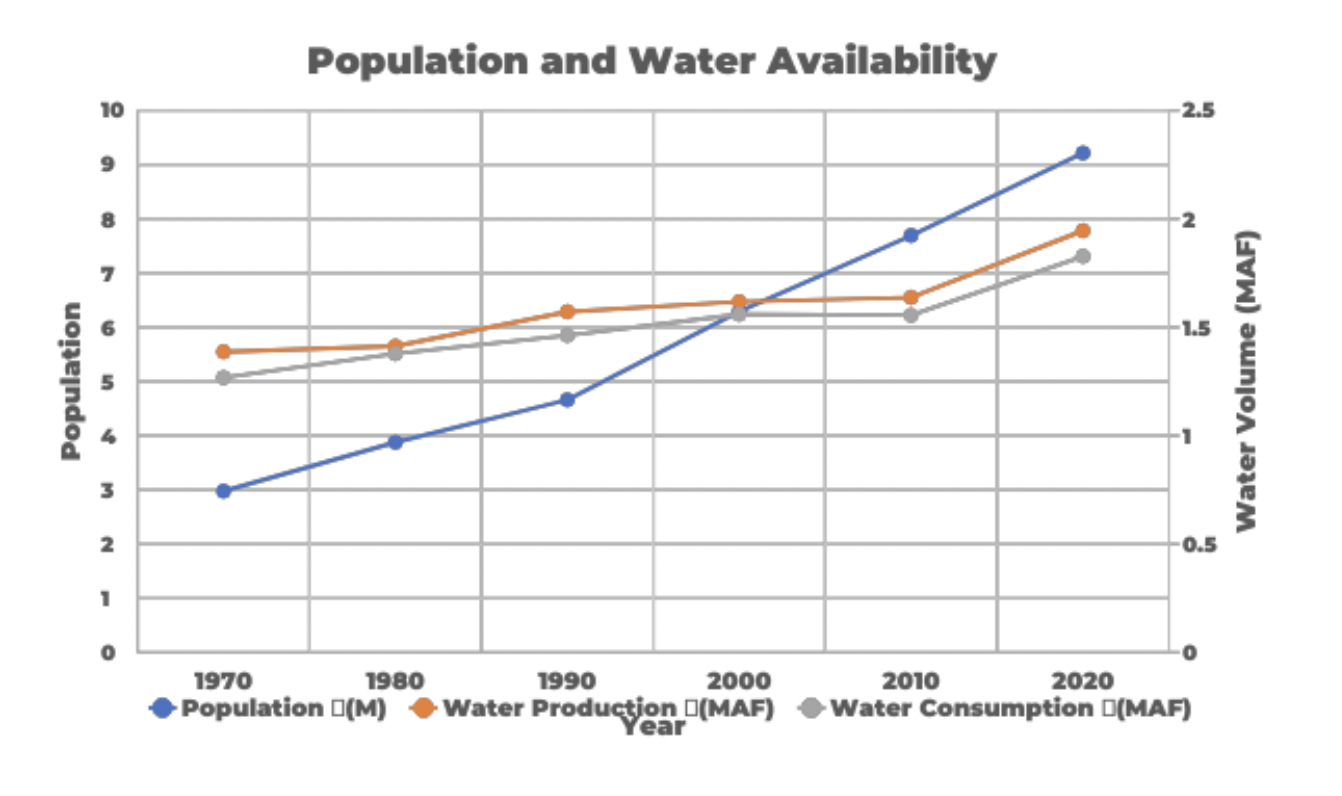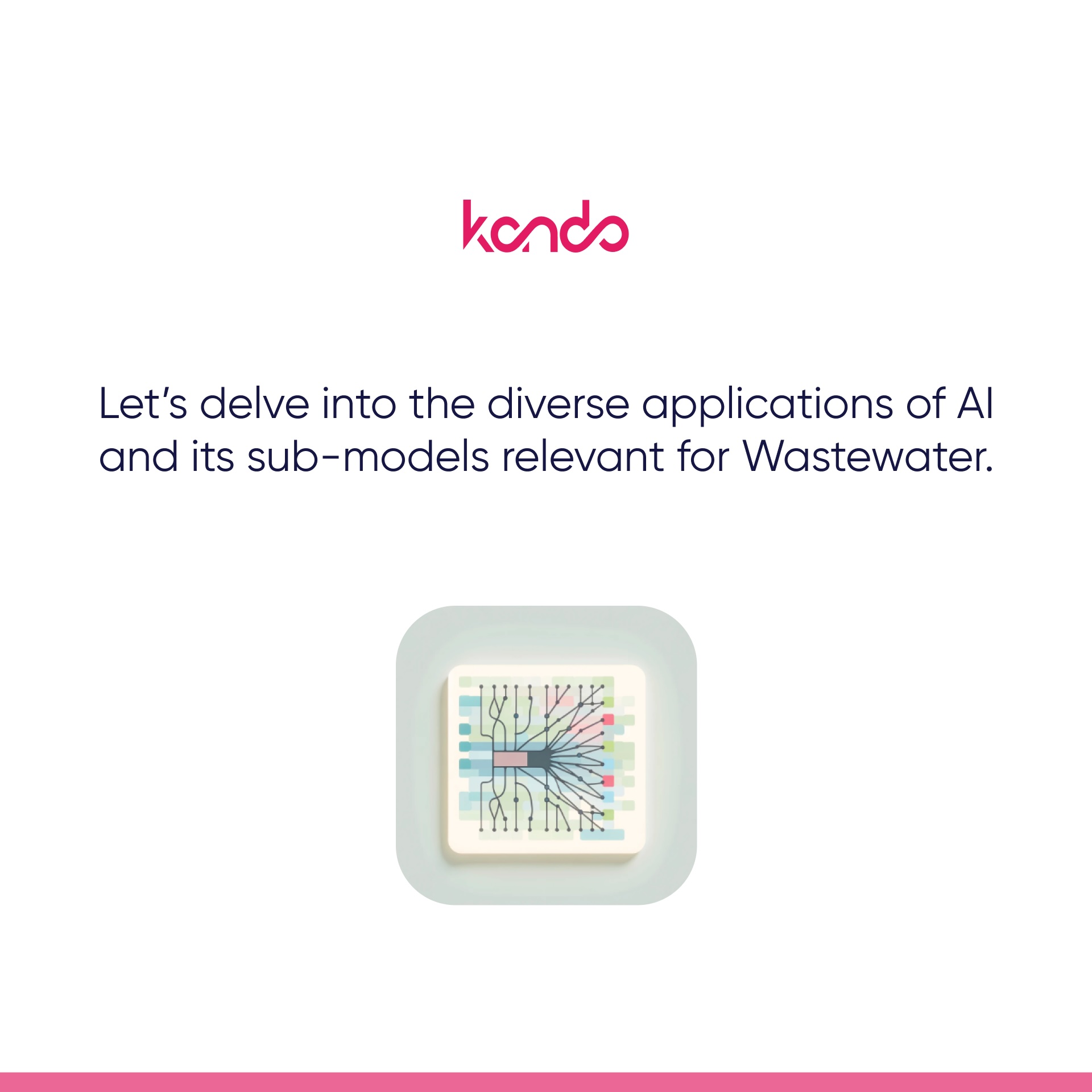Admin
May 31, 2022
A story about inspiring, professional people and real partners to an amazing journey – The Shafdan Treatment Plant
Author: Maya Rosenfeld, Marketing Manager Kando
Last week Kando’s team visited one of the biggest wastewater treatment plants in Israel, Shafdan. After visiting this wastewater treatment plant, I wanted to share this experience, as I feel it is not only beneficial to me, our team, but also to the public.
It’s important for us that all of our employees, especially the ones not working in operation or facing client, are aware and up to date with the day-to-day activities of the wastewater treatment plant and its team to understand the process of repurposing water for agriculture purposes. Specifically in Israel, as in most countries wastewater is treated and then discharged into nearby rivers, sea, or wetlands, but in Israel more than 90% of its wastewater is treated and then distributed for agriculture purposes.
One of the biggest wastewater treatment plants in the country is Shafdan, located in Rishon Lezion, approximately 10 km south of Tel Aviv. Through a 130km long sewage network and 7 pumping stations 410,000 m3 wastewater flows daily, generated by 2.3 million residences.
The whole team of Kando (including me) visited the treatment plant and had the pleasure to meet Mark Okon, CEO of Shafdan and Shlomi Ben Arush, Environmental Unit Manager., who both showed us around and shared their extensive knowledge of operating and managing the plant for over 15 years.
We started our tour at the visiting center, where the Shafdan team & Mark shared some facts of the WWTP and their daily encounters. The treatment plant receives tons of toilet paper, wet wipes, plastics, oils, food, metals on a daily basis. It was quite shocking to hear that the primary treatment team finds parts of cooked chicken during the first separation process (where the wastewater flows through a screen, which removes large floating objects such as rags and sticks that might clog pipes or damage equipment). This made me think and question if the general public treats the toilet really as a garbage bin?
We followed the visit with a lecture about the treatment plant achievements and future objectives.
I was amazed by Mark’s dedication to provide high quality treated wastewater and sludge to the public. He values and ensures that the wastewater processes are efficient and effective, while minimizing costs for the public and focused on ensuring that the next generation will also have access to low cost high quality water.
He presented us with a table showcasing the increase of population in the cities Shafdan is serving, including the potential increase in wastewater production by 2040. In line with those numbers, he is planning and developing new sewage systems as well as upgrading the treatment plan.

Source : Israeli Water authorities
After the presentation, we went to the WWTP and saw (and smelled) the primary and secondary treatment processes. These are the two basic stages in the treatment of wastes, primary and secondary, which are outlined here. In the primary stage, solids are allowed to settle and removed from wastewater. The secondary stage uses biological processes to further purify wastewater. It is impressive to see that all those millions of liters of wastewater don’t go to waste. On the contrary, most of the treated wastewater goes to the Negev Desert and contributes to its development. More than 60% of the agriculture in the Negev is irrigated by Shafdan water.
After the tour I realized that just because we don’t see wastewater on a daily basis, it shouldn’t be out of our mind – our sinks and toilets aren’t a trash bin. Mark’s vision and ambition for Shafdan is to be the most sustainable and ecological friendly treatment plan which is inspiring and contagious. He and his team are doing such an incredible job in providing high quality treated wastewater that is used in the crops that we consume and we are excited for the upcoming projects together towards making this world a better place.
Your wastewater contains the data.
We just need to extract it so that you can optimize your operations.
Contact us and a member of our team will get back to you as soon as possible.



